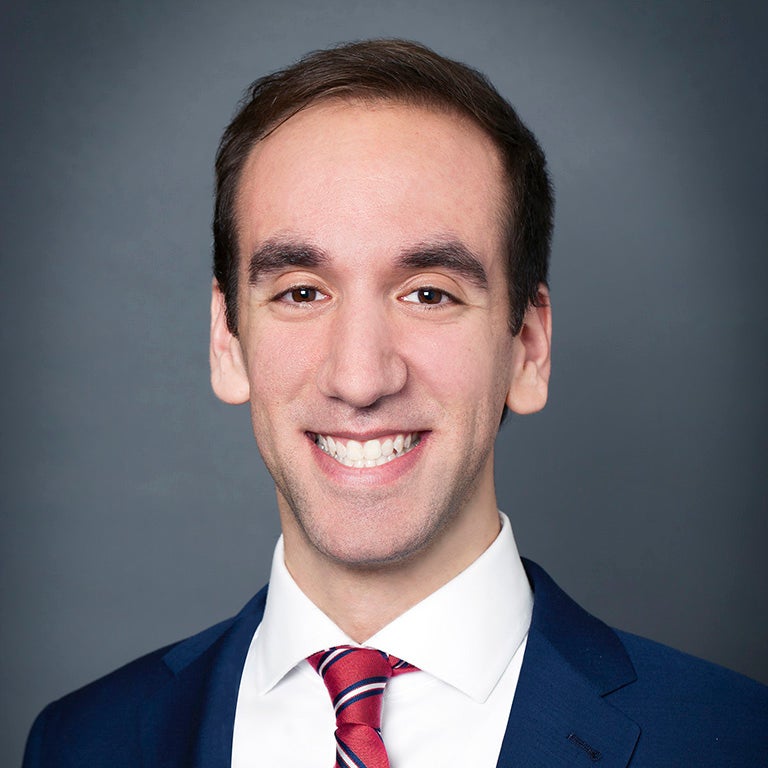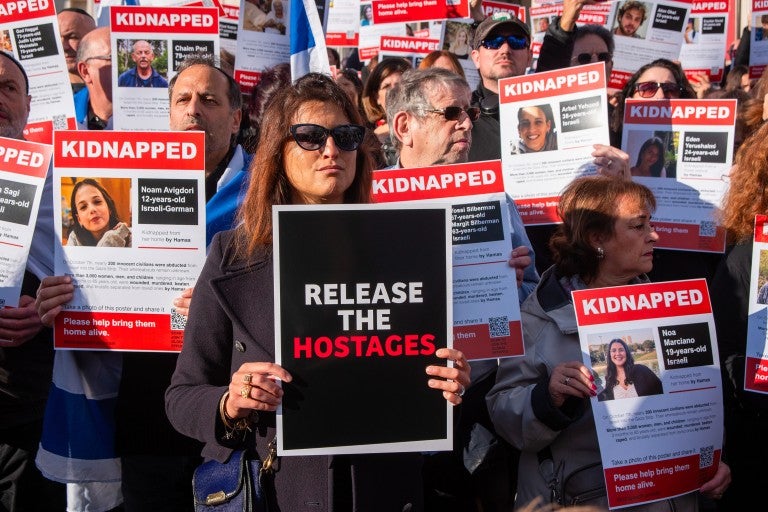September 4, 2016
A Barnard College sophomore recently articulated the sad choice many progressive Jewish students face on campuses around the country. In a Columbia Spectator op-ed, she called on Barnard’s student government to not support a sexual assault prevention group — a group she herself had once helped lead.
She took this stand because the group had “officially taken on an anti-Israel stance… publicly denounc[ing] Israel on social media and collaborat[ing] with anti-Israel student groups, such as Columbia Students for Justice in Palestine.” By choosing to condemn Israel, the group had “effectively politicized anti-sexual violence work on this campus,” she wrote. “Doing so is detrimental to the cause and unfair to pro-Israel survivors.”
Much has been written about the rise of intersectionality, and how the academic theory claiming that all forms of oppression are connected, when applied to the real world, has encouraged the formation of coalitions between American progressives and pro-Palestinian activists. But it has also led to the erosion of traditional ties on which Jews have long relied.
For the first time, American Jews are beginning to see real ripples of BDS — the movement to boycott, divest from and sanction Israel — take hold off campus. National conferences of Presbyterians, Methodists and Quakers have considered BDS resolutions. Jill Stein, who, in this wild election year, has received more attention than might ordinarily go to the Green Party candidate for president, proudly touts support for BDS on her website.
And perhaps most prominently and provocatively, the Movement for Black Lives, a coalition of 50 Black Lives Matter groups, released a platform calling Israel an “apartheid” state guilty of “genocide” against the Palestinians, and endorsing BDS — giving Israel the dubious distinction of being the only foreign country called out by name in a document that otherwise focuses on racial discrimination in the United States.
We should not be surprised that BDS has graduated college. Though much has been made of the need to protect Jewish students on campus, little has been done to address the underlying cultural current that allows BDS to thrive.
Today, to be a social justice advocate of any kind on many U.S. college campuses requires a sort of litmus test. Do you believe that your university should divest its holdings in fossil fuel companies to help fight global warming? Then you also have to support divestment from private prisons. Do you want to fight the epidemic of campus sexual assault? Good, but you must also support BDS. And, if you believe that women on U.S. campuses shouldn’t have to fear rape each time they venture out at night, but don’t want to sign on to an anti-Israel agenda, you might just find yourself pushed out of the sexual violence advocacy arena.
BDS has not led to a change in Israeli policy. It won’t. But it has slowly but surely begun to freeze American Jews out of the crucial social justice conversations of our time. As one student attendee at the AJC Global Forum 2016 put it: “I want to be a part of the progressive fights my generation is currently waging, but I am deeply troubled and challenged by the anti-Israel sentiment rising amongst the far left.”
For a decade, Jewish students have been the canaries in our coal mine. No, they are not persecuted or under assault, as some would have you believe. But they suffer nevertheless as their peers make it clear to them that their Zionism disqualifies them from the progressive activist community and, in some instances, from campus leadership roles in general.
Now, as former campus activists graduate to activism in the Black Lives Matter movement, in progressive political parties and in their churches, we are getting a taste of what ails our campuses. Unfortunately, it may be late to get through to older progressive activists who, well-steeped in the intersectional stew of the ivory tower, have learned to conflate liberalism with condemnation of the State of Israel.
But it’s not too late for progressive students to learn otherwise. The American Jewish community, the venerable organizations and the progressive upstarts, must work to empower today’s Jewish students to reverse these troubling trends among their peers, to strengthen old coalitions and build new bridges.
If young American Jews can be equipped and encouraged to form friendships with their progressive peers, to restore their Jewish voices to the social justice conversation, and, at the same time, to stand up for Israel, then this moment of progressive antipathy toward the Jewish state will be remembered as a blip on the historical record of liberal support for Israel.
If we can’t help our students do this, campus elites will continue to drift further from Israel, and support for Israel will, in turn, drift out of the mainstream of American political opinion.
Seffi Kogen is the American Jewish Committee’s Assistant Director for Campus Affairs.



